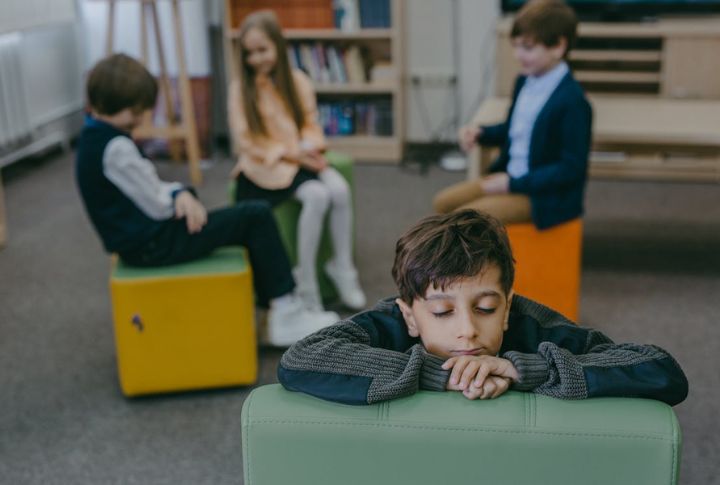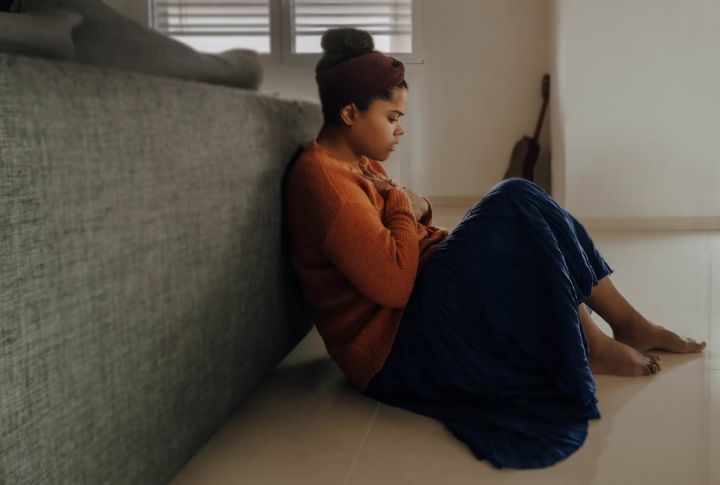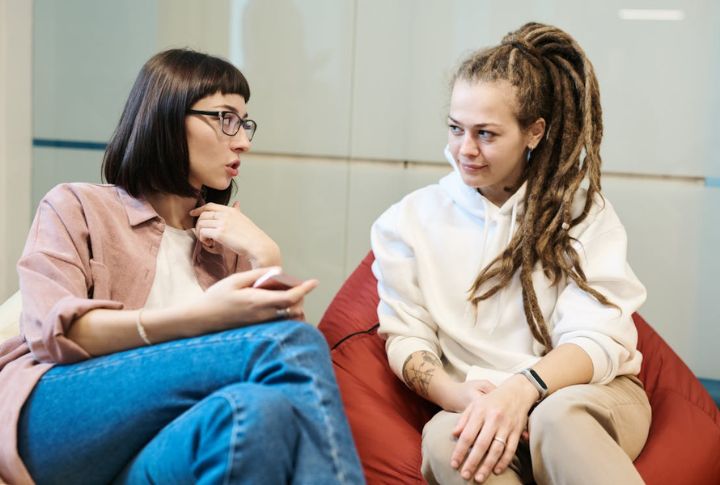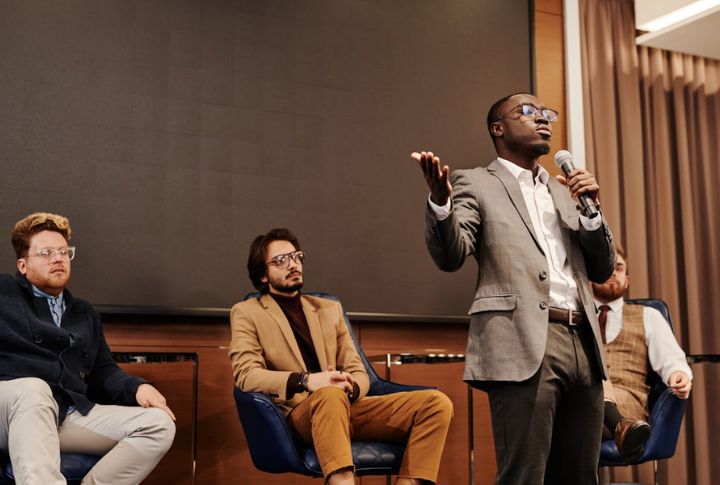
Some kids never got invited, never got picked, never got seen. And while everyone else moved on, they carried those moments with them into adulthood. That social rejection during formative years can mold personalities in subtle, lasting ways. And the ripple effects can be both protective and painful. You might recognize some of them in yourself or others; see which stand out as you read on.
Deep Empathy For Others

Kids who were left out often grow up with an incredible ability to feel what others feel. The same pain that once hurt them helps them tune in to others’ emotions more deeply. They notice when someone’s struggling and offer comfort with genuine understanding, not just sympathy.
Persistent Self-Doubt

Getting excluded early in life can make someone question their worth, even years later. That self-doubt sticks around and shapes how they approach challenges or relationships. Many even overprepare or chase perfection just because they never want to feel unwanted again.
Reluctance To Rely On Others

When trust gets broken early, leaning on others doesn’t come easily. Instead, these adults learn to depend on themselves and become incredibly resourceful and independent. It’s a double-edged sword. Being self-sufficient feels safe, yet it can also make true connection harder to reach.
Sharp Social Observation

Being left out as a kid can turn someone into a quiet observer. They watch, listen, and pick up on tiny social cues most people miss. What started as self-protection becomes a skill: they can read a room instantly and sense tension before anyone else notices.
Social Anxiety In Groups

For anyone who spent years on the outside looking in, group settings can still trigger quiet panic. Large gatherings stir old memories of being left out, while smaller talks bring relief. Even then, the fear of saying the wrong thing lingers in the background.
Drive For External Validation

The search for belonging lingers quietly beneath ambition. Every compliment lands like a small confirmation, a whisper that says, you’re doing fine. Yet, over time, those borrowed affirmations fade, leaving only the question of what remains when applause stops echoing.
Guarded Trust

Early exclusion teaches people that trust can be fragile. As adults, they often take a measured approach: watching, listening, waiting to see if someone means what they say. However, once trust takes root, it grows strong, grounded in proof instead of promises.
Flexible Social Adaptation

After years of adjusting just to fit in, excluded kids often grow into adults who can blend into any crowd. They read the room fast and know how to adapt. Still, that flexibility can hide old fears. Sometimes, they’re performing more than connecting.
Striving For Flawlessness

You might know someone like this or be one yourself. The person who can’t rest until every detail is right. They’re not just perfectionists; they’re survivors. Being flawless feels safer than being vulnerable. It’s a shield built from old hurts, not from arrogance or obsession.
Preference For Small Circles

You know that person who keeps their circle small but steady? Chances are, they learned early on that not everyone sticks around. They’d rather build trust with a few who do. For them, peace isn’t found in crowds; it’s found in connection.
Resilience To Setbacks

Although being left out early in life isn’t easy, it can build serious inner strength. After facing rejection repeatedly, some people learn how to bounce back faster than most. Those early struggles teach them how to stay calm and find strength when life throws curveballs.
Overanalyzing Interactions

People who grew up excluded often replay conversations like mental movies to scan for clues of rejection. A simple text or awkward pause can spiral into overthinking. It’s not paranoia, though. They’ve just learned to look for signs of being left out before it happens again.
Innovative Thinking

Spending time alone as a kid may lead to a wild imagination. When there’s no crowd to fit into, the mind gets creative, which explores new ideas and different ways of seeing things. Many innovative thinkers credit those quiet, lonely moments for sparking their most original thoughts.
Guarded Emotional Expression

If you’ve ever been the outsider, you know how tricky opening up can be. People learn to keep some feelings hidden away to protect the parts that were once hurt. Still, they find their voice through lyrics, brushstrokes, or pages filled with truth.
Commitment To Fairness

People who’ve felt excluded know exactly how unfair life can be, so they don’t want anyone else to feel that way. As adults, they tend to speak up for others and create spaces where everyone feels included. Fairness then feels personal.
Unwavering Loyalty

For someone long acquainted with absence, closeness is sacred ground. Bonds are held carefully, like something fragile yet irreplaceable. Their loyalty doesn’t waver; it’s written in quiet gestures, in the steady promise to stay when others once walked away.
Sensitivity To Feedback

Criticism hits harder for those who once felt unwanted. Even casual comments can sting, while praise feels like oxygen. It’s not about being thin-skinned, though. It’s more like deeply valuing connection and approval. Every bit of feedback feels like a sign of belonging or rejection.
Comfort In Solitude

Loneliness slowly transforms into peace. For adults shaped by early exclusion, quiet moments bring genuine relief. Time alone becomes a safe space to unwind, recharge, and remember that self-worth stands strong without outside approval.
Wary Of Group Conformity

People who spent their childhood feeling left out tend to develop a different relationship with group dynamics. Some learn to blend in easily, reading the room for cues to stay accepted. But many go the other way, becoming more independent-minded and careful not to lose themselves just to fit in.
Over-Apologizing

Ever met someone who says “sorry” for things that aren’t even their fault? That habit often starts young. For kids who were excluded, apologizing became a way to keep the peace and avoid more rejection. As adults, they still use it to protect connections, even when it’s unnecessary.

